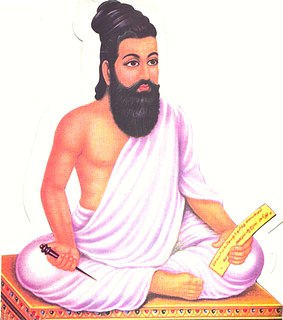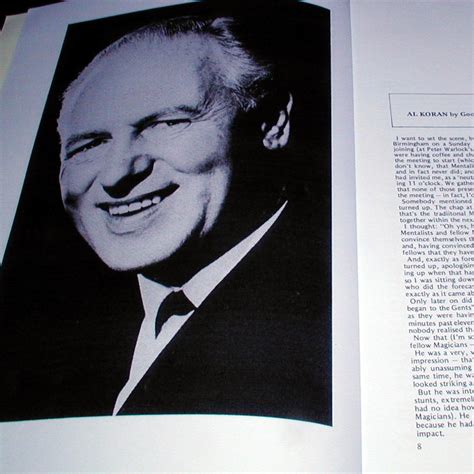A Quote by Johann Georg Ritter von Zimmermann
It would be a considerable consolation to the poor and discontented could they but see the means whereby the wealth they covet has been acquired, or the misery that it entails.
Related Quotes
It is what is left to him," said Will. "Do you not recall what he says to Lucie? 'If it had been possible... that you could have returned the love of the man you see before yourself- flung away, wasted, drunken, poor creature of misure as you know him to be- he would have been conscious this day and hour, in spite of his happiness, that he would bring you misery, bring you to sorrow and repetance, blight you, disgrace you, pull you down with him
I don't see [the jungle] so much erotic. I see it more full of obscenity. It's just - Nature here is vile and base. I wouldn't see anything erotical here. I would see fornication and asphyxiation and choking and fighting for survival and growing and just rotting away. Of course, there's a lot of misery. But it is the same misery that is all around us. The trees here are in misery, and the birds are in misery. I don't think they sing. They just screech in pain.
Nevertheless, the Tenth Commandment-'Thou shalt not covet'-recognizes that making money and owning things could become selfish activities. But it is not the creation of wealth that is wrong, but love of money for its own sake. The spiritual dimension comes in deciding what one does with the wealth. How could we respond to the many calls for help, or invest for the future, or support the wonderful artists or craftsmen whose work also glorifies God, unless we had first worked hard and used our talents to create the necessary wealth?
If exclusive privileges were not granted, and if the financial system would not tend to concentrate wealth, there would be few great fortunes and no quick wealth. When the means of growing rich is divided between a greater number of citizens, wealth will also be more evenly distributed; extreme poverty and extreme wealth would be also rare.
And which I take notice of here, to put those discontented people in mind of it, who cannot enjoy comfortably what God has given them, because they see and covet something that he has not given them. All our discontents about what we want appeared to me to spring from the want of thankfulness for what we have.
When you read Marx (or Jesus) this way, you come to see that real wealth is not material wealth and real poverty is not just the lack of food, shelter, and clothing. Real poverty is the belief that the purpose of life is acquiring wealth and owning things. Real wealth is not the possession of property but the recognition that our deepest need, as human beings, is to keep developing our natural and acquired powers to relate to other human beings.






































